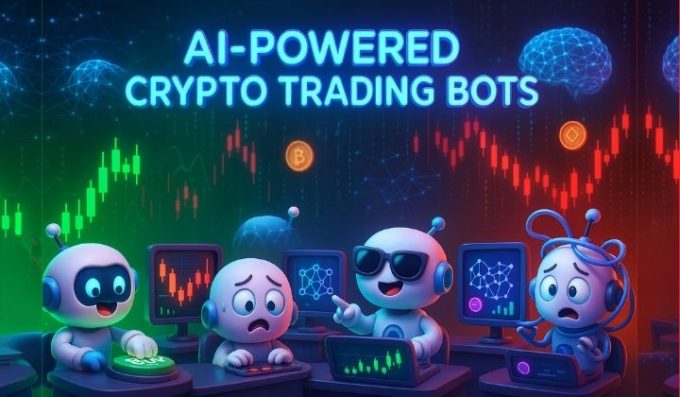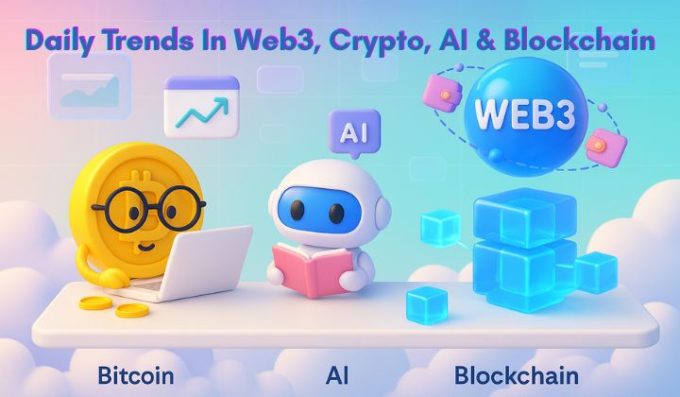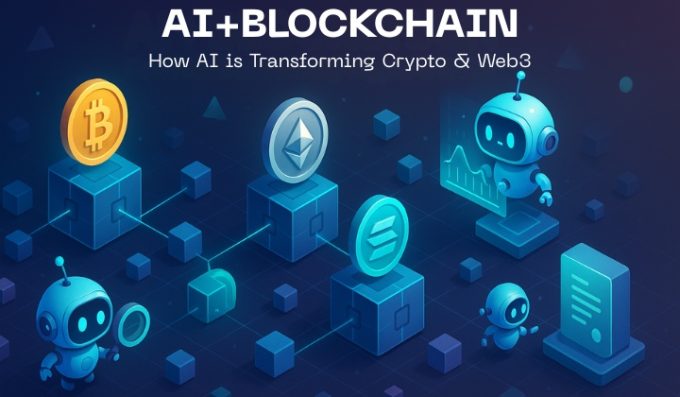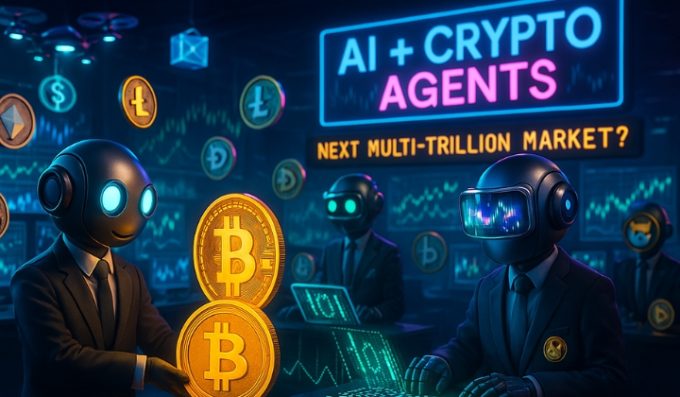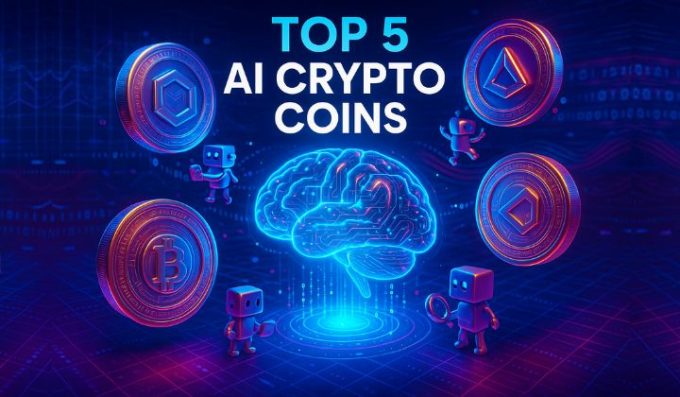Will Growing AI Hit Global Employment?
By Kapil Rajyaguru
AI technology is no longer confined to sci-fi films and novels. It’s quickly becoming a part of our daily lives, from facial recognition to automated customer service bots. Let’s look at how AI is changing the world around us, and what the future holds for this new technology.
What Is Artificial Intelligence?
Artificial Intelligence (AI) is a branch of computer science that deals with the creation of independent intelligent machines. These machines are built on a biological simulation of the human brain; hence it is an interdisciplinary field with roots in mathematics, psychology, biology, and engineering.
The goal of AI research is to build machines that can reason, learn, and act autonomously. AI technology has already transformed many industries, including healthcare, finance, manufacturing, and logistics. In the future, AI will likely have an even greater impact on our lives as it continues to become more sophisticated.
Some experts believe that AI will eventually lead to what is known as “The Singularity”, a point at which machine intelligence surpasses human intelligence. This could result in a future in which machines are able to design and improve upon themselves, leading to rapid advancements in technology that may be difficult for us to even imagine.
Whether or not this happens, it’s clear that AI is changing our lives in ways both big and small.
Let’s look at the influence of robotics and artificial intelligence on our lives from various perspectives.
How Will AI & Robotics Impact Workplaces?
Robots can work day and night. They don’t need breaks, vacations, or medical insurance. They don’t have conflicts with their bosses or colleagues and take no personal time to deal with their problems.
Employers would be happy to have a staff consisting solely of smart machines, while employees have many fears regarding the robotics-based workforce and its impact on employment.
As with any revolutionary technology, there are two sides to the coin in implementing the robotics-integrated workforce.
Will AI Eliminate Jobs?
The main fear of employees is the elimination of numerous jobs and, consequently, unemployment. And this fear is not without reason. Business owners and manufacturers benefit from the implementation of machine learning algorithms and various kinds of robots primarily for the sake of increased productivity. That’s why they are eager to introduce new technologies, often to the detriment of employees.
A McKinsey Global Institute study found that by 2030, up to 800 million employees around the world could be displaced by automation.
Such a seismic shift can be compared to the Industrial Revolution when society shifted from agriculture to manufacturing.
It’s developed countries, which have the finances and the necessary infrastructure for digital transformation, that will see a significant impact of automation on their labor market. Developing economies with less money to invest in robotization will not be affected as much.
Jobs most likely to go to AI robots
- Robots can effectively perform jobs that require repetitive tasks, such as working on the assembly line, software testing, creating financial reports and compiling other documents based on data. Moreover, they easily replace humans in performing hard manual tasks or working in hazardous conditions, such as in the chemical industry or mining.
- AI systems can supplement employees such as accountants, financial experts, or doctors in performing cognitive tasks. Thus, in medicine and healthcare, artificial intelligence can greatly assist in branches such as diagnostics, drug formulation, or clinical trials. Nevertheless, medical workers will mostly keep their jobs, considering ethics issues and communicative skills that the machines lack.
- The jobs where robots will have the least impact have to do with people management, social interactions, and creativity, such as education or natural science.
- As a rule, these jobs are difficult to automate, but even if it were possible, it would be costly to implement, which is not attractive from the business point of view. These also include specialized jobs in unpredictable conditions, e.g. plumbers and electricians.
Positive Impact: New Kinds of Jobs Will Appear
Artificial intelligence and robotics, like other new technologies, are not totally destructive for employment.
The main goal of emerging technologies is not to replace humans in their jobs, but to make all processes safer and more efficient. It’s not a confrontation, but rather a beneficial collaboration between automated robotics and humans.
Employment in the automated industries may not decline but rather increase, as new types of jobs will appear and new skills will be required. It’s true because machines can’t work by themselves. Humans are needed to develop software for machines, maintain and fix equipment, or make decisions based on data generated by intelligent technologies.
History has already seen such a workforce shift in the 1980s with the introduction of the personal computer. It was expected to endanger employment, but in reality, it has led to the creation of the IT industry and online businesses, resulting in an enormous number of new jobs such as software engineers.
According to the McKinsey report, almost half of the tasks performed by people globally could theoretically be automated using modern technologies. Nevertheless, only 5 percent of all jobs can be fully automated. In the remaining jobs with partial automation, only one-third of activities can be performed purely by machines, while other tasks will still require human participation or supervision.
People will not lose their workplaces irrevocably. There will be new jobs, the so-called adjacencies, meaning that people will be cooperating with technologies. The primary difference is that for humans, the work will become more creative, rather than technical. They will create business strategies, design and develop new concepts of implementing smart machines in real life, control and analyze the results.
In the future, there may appear job positions such as robotics managers or AI teachers.
To make this possible, people will have to adapt to the changing reality, upgrading their skills and gaining additional knowledge.
What Could Be Done for Successful Transformation?
To drive job creation during the adoption of ubiquitous AI and robotics in the future, companies should start investing in training and education of current employees. Society should also change its attitude toward artificial intelligence for robotics: AI should be seen not for its disadvantages, but with the thought of added market value.
Creativity and the ability to learn will be crucial for personal success in the robotics-based world.
Working processes and employment for people will shift from routine repetitive tasks to creativity. The critical skill that the worker of the future will require will be the ability to learn and to be open to innovations.
You need to login in order to Like








